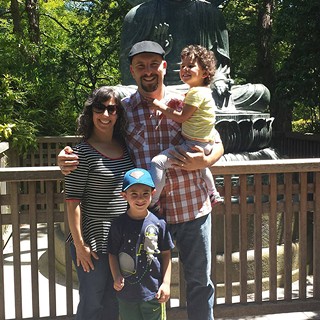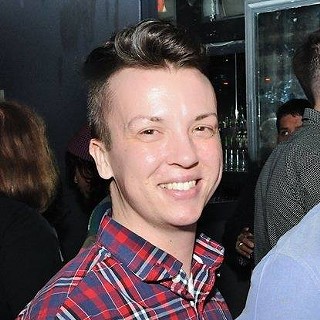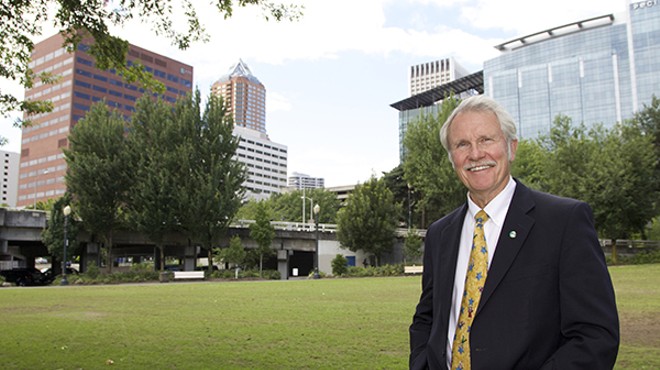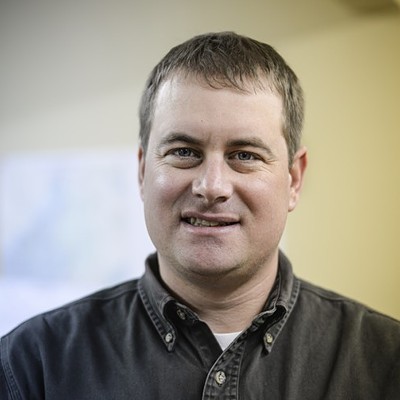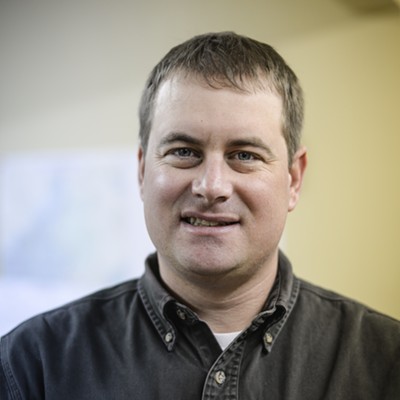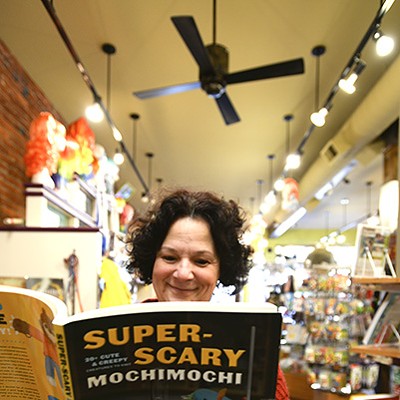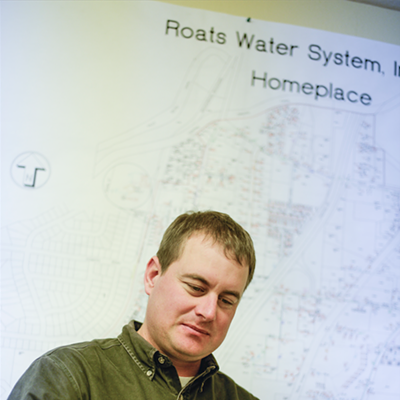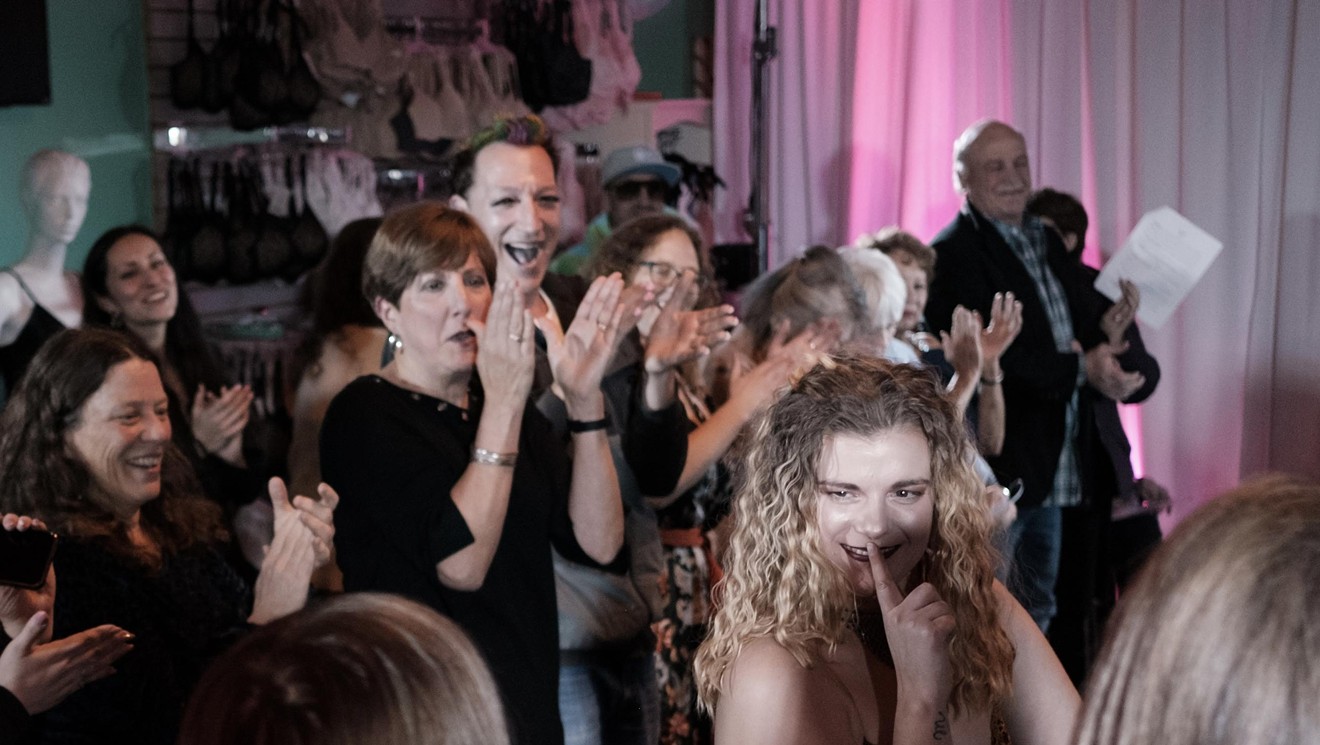Though most coverage of Oregon's gubernatorial race focuses on the two big-party candidates, we wanted to give a voice to some of the third party folks tossing their hats in the ring. Jason Levin is a small business owner and Green Party candidate. We reached out to Gov. John Kitzhaber as well as other third party candidates, but are still awaiting a reply. The print version of the interview was edited for length. Read the full Q&A below.
Source Weekly: Why did you decide to get into politics? What are your long-term political aspirations?Jason Levin: I wanted to show my children that you don't have to settle for less. I don't have long-term political aspirations. I believe public service is just that: a service. The founding fathers intended for people to take a short hiatus from their profession, serve their fellow citizens as an elected representative, and then return to their lives. Politics is like a mud pit. The longer you stay in, the dirtier you get. It should not be seen as a career.
SW: What three things do you most hope to accomplish if elected?
JL: Provide all legal residents of the state with universal healthcare coverage, improve our overburdened public schools, and drastically lower the unemployment rate.
SW: What are you doing right now in service of the issues you’re most passionate about?
JL: In preparation for the impending legalization of marijuana, I've created a company called Bald Brothers (www.baldbrothers.co) that infuses butters and oils with cannabis. In two years, we plan to have a dozen employees. In five years, we're projecting a workforce of several dozen. This is Oregon's newest economic growth category, and I'm preparing to leverage it into prosperity for my fellow Oregonians.
SW: What do you perceive as your most likely demographic? Why?
JL: Anyone who is disenchanted with the status quo offered by the big money political parties. Additionally I see the Baby Boomer generation as the ones who would see the most value in legalizing marijuana, as well as the benefit of instituting a single-payer healthcare system that will provide affordable care to everyone.
SW: Whose leadership style are you inspired by (political or otherwise)?
JL: Teddy Roosevelt. I visited Sagamore Hill as a kid, and he's been a hero of mine ever since. “The leader must understand that he leads us, that he guides us, by convincing us so that we will follow him or follow his direction. He must not get it into his head that it is his business to drive us or rule us. His business is to manage the government for us.”
SW: What steps would you take as Governor to strengthen Central Oregon’s economy?
JL: Indicators like housing prices, commercial real estate usage, and job growth all point to a slow but steady economic recovery. Unfortunately, the unemployment rate is still too high. We need a much larger industrial base in Central Oregon. I would be supportive of adding more enterprise zones, which would promote growth and add much needed jobs to the area. Specifically for industries that are non-cyclical such as: renewable/alternative energy, software & IT, bio-sciences & medical devices, and data centers. But the most important thing I could do to strengthen the economy would be to ensure that all Oregonians have access to universal healthcare. The staggeringly high cost of healthcare makes it more expensive for Oregon businesses to compete in a global market, reduces capital for reinvestment, discourages economic recovery, slows job growth, and contributes to poor employee health, which in turn diminishes productivity.
SW: What do you see as three most pressing issues facing Central Oregon?
JL: Jobs, jobs, and jobs. There are a lot of people in Central Oregon working really hard, and a lot of people there who want to work hard, but can't find a job. Grant, Harney, Curry, and Crook counties all faced unemployment rates well above the state average in July. Until we can get those folks back to work, I don't think we should be concentrating on anything else.
SW: Where is your primary financial support coming from? Can you name three groups you wouldn’t accept money from?
JL: Friends, family, and individual donors. Mine is truly a grassroots campaign. I wouldn't take a nickel from the oil & gas companies, single-issue religious groups, and especially not from the insurance lobby.
SW: What’s your stance on religious exemptions, such as those permitted by the Hobby Lobby case?
JL: Everyone is entitled to their personal religious beliefs (or lack of belief). But as members of a civil society, we are all required to follow the law no matter how unjust we may sometimes find it. I am not in favor of forcing religious institutions to violate their moral or ethical principles. That being said, I do not believe that “closely held private companies” should also be entitled to those same exemptions. Justice Ginsburg said it best: “Religious organizations exist to foster the interests of persons subscribing to the same religious faith. Not so of for-profit corporations. Workers who sustain the operations of those corporations commonly are not drawn from one religious community." And Hobby Lobby is no religious organization.
SW: What’s your position on the legalization of marijuana, GMO labeling, and top-two primaries?
JL: As someone who is working to enter the cannabis industry, I am 100 percent in favor of marijuana legalization. I also support the labeling of GMO foods. Every parent deserves to know exactly what they're feeding their children. As for Measure 90, I think it's misguided. We absolutely need a new election system that can reflect the true diversity of Oregonian opinions and population. There are many successful models being used across the country and around the world that could work. Unfortunately, the “top two” doesn't aim for diversity or even more choices. It only restricts choice, limits debate, and discourages participation.
SW: What are the three most important qualities in a gubernatorial candidate?
JL: Vision, accountability, and humility.
SW: What is the single most significant difference between you and your opponents?
JL: I don't owe any special favors to industries or lobbyists.
SW: What are your opponents’ best qualities?
JL: Dennis Richardson shows up, does his homework, and takes responsibility. John Kitzhaber is compassionate, respects diversity, and looks good in a pair of cowboy boots.
SW: Which character on The Simpsons do you most identify with, and why?
JL: Disco Stu. Because he is true to himself regardless of the latest style.

